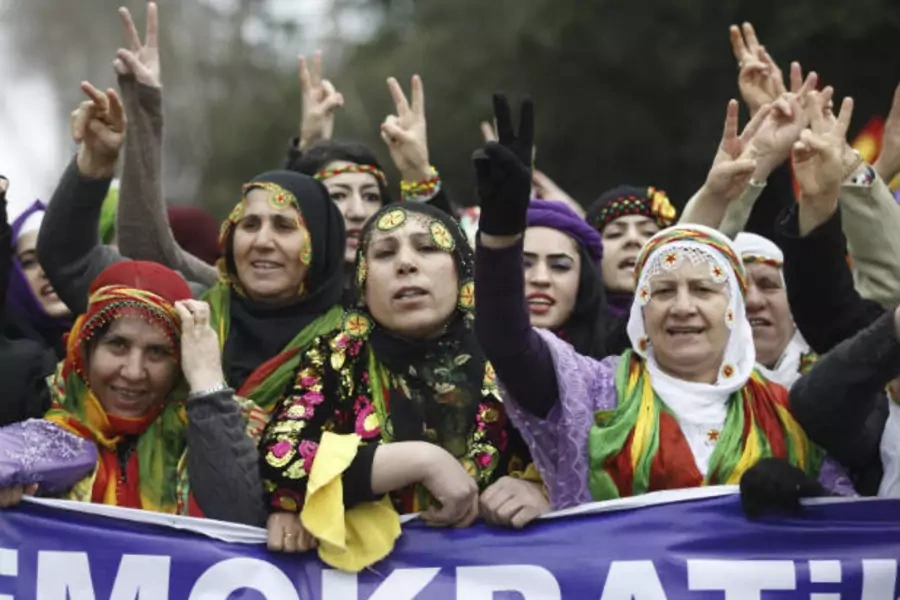More on:
Welcome to “Women Around the World: This Week,” a series that highlights noteworthy news related to women and U.S. foreign policy. This week’s post, covering from November 18 to November 24, was compiled with support from Becky Allen and Anne Connell.
Violence against women in Turkey
Turkey’s parliament introduced and then quickly withdrew legislation last week that would have pardoned men convicted of raping underage girls if they married their victims. Turkey’s government said the proposed amnesty would have applied to at least 3,800 men currently in prison due to crimes committed against young women and girls. The bill, proposed by Turkey’s ruling Justice and Development Party (AKP), generated nationwide public protests by women across Turkish society and underscored international fears about regression of human rights in the country. The legislation prompted condemnation by the United Nations, with officials noting that the bill, if passed, would “create a perception of impunity in favor of perpetrators of such child rights violations.” Human rights groups also argued that the proposal would legitimize the practice of child marriage, which persists with especially high rates in rural areas: data collected last year found that fifteen percent of all Turkish marriages involved one partner under the legal age of consent. After a national outcry, the bill was sent back to a parliamentary subcommittee for revision.
Abuse of civilians in Mosul
Hundreds of women who fled Mosul for aid camps have shared new reports of violence and repression suffered under the rule of the self-proclaimed Islamic State. The women are among the more than 50,000 civilians who have fled Mosul since U.S.-supported Iraqi and Kurdish forces launched an offensive to retake the city last month. Dozens of women in the camps recounted living like prisoners in Mosul for more than two years under a system that forced them to abandon higher education, quit jobs, comply with a strict dress code, and suffer public lashings. “The message was that women were not wholly human—they need a male guardian for everything,” said one sixteen-year-old survivor who attended an Islamic State-run high school. Other women were compelled to join the Khansaa Brigade, the all-female morality police tasked with enforcing extremists’ harsh policies. Some women, particularly those from the persecuted Yazidi religious group, were held in captivity and forced into marriages. U.S. Ambassador to the United Nations Samantha Power lauded the courage of these women, stressing that their “resilience [is] remarkable” despite the horrific conditions they faced.
HIV/AIDS prevalence in Africa
A new UNAIDS report suggests that the rate of HIV/AIDS infection among young African women is alarmingly high and likely to rise. While the number of HIV-infected people taking anti-retroviral (ARV) medicines around the world has doubled in just five years, adolescent girls in southern Africa are one demographic group that has been left behind. Data show that in southern Africa, girls aged between 15 and 19 years old account for 90 percent of all new HIV infections among adolescents; in eastern Africa, they represent 74 percent of new infections. The report found that preventing infection is particularly difficult in this age group, as girls are often unaware they are at risk and lack autonomous access to education and health services. UNAIDS chief Michel Sidibe suggested at the report’s launch that adolescent girls face a triple threat: “They are at high risk of HIV infection, have low rates of HIV testing, and have poor adherence to treatment. The world is failing young women and we urgently need to do more.”
More on:
 Online Store
Online Store
